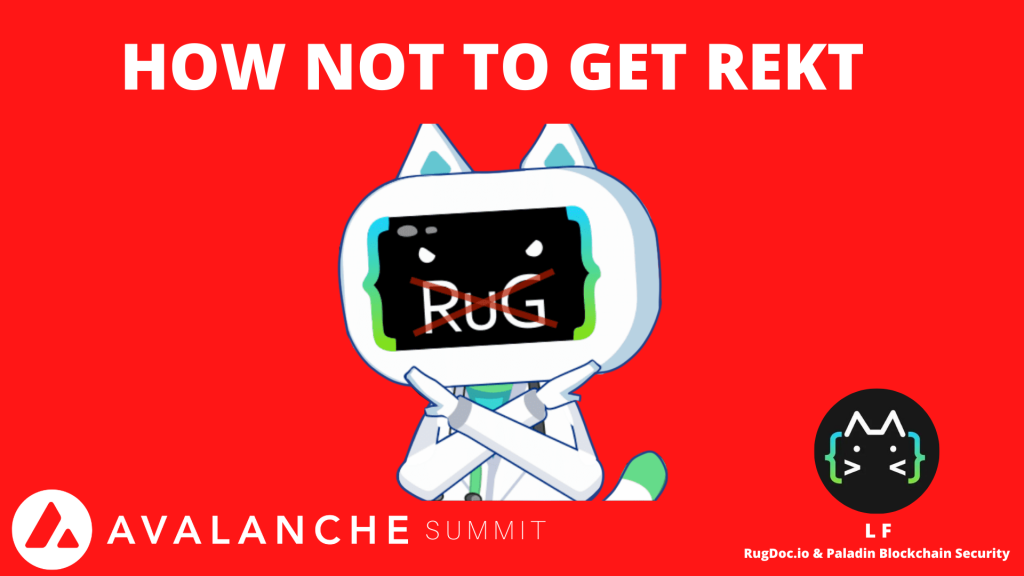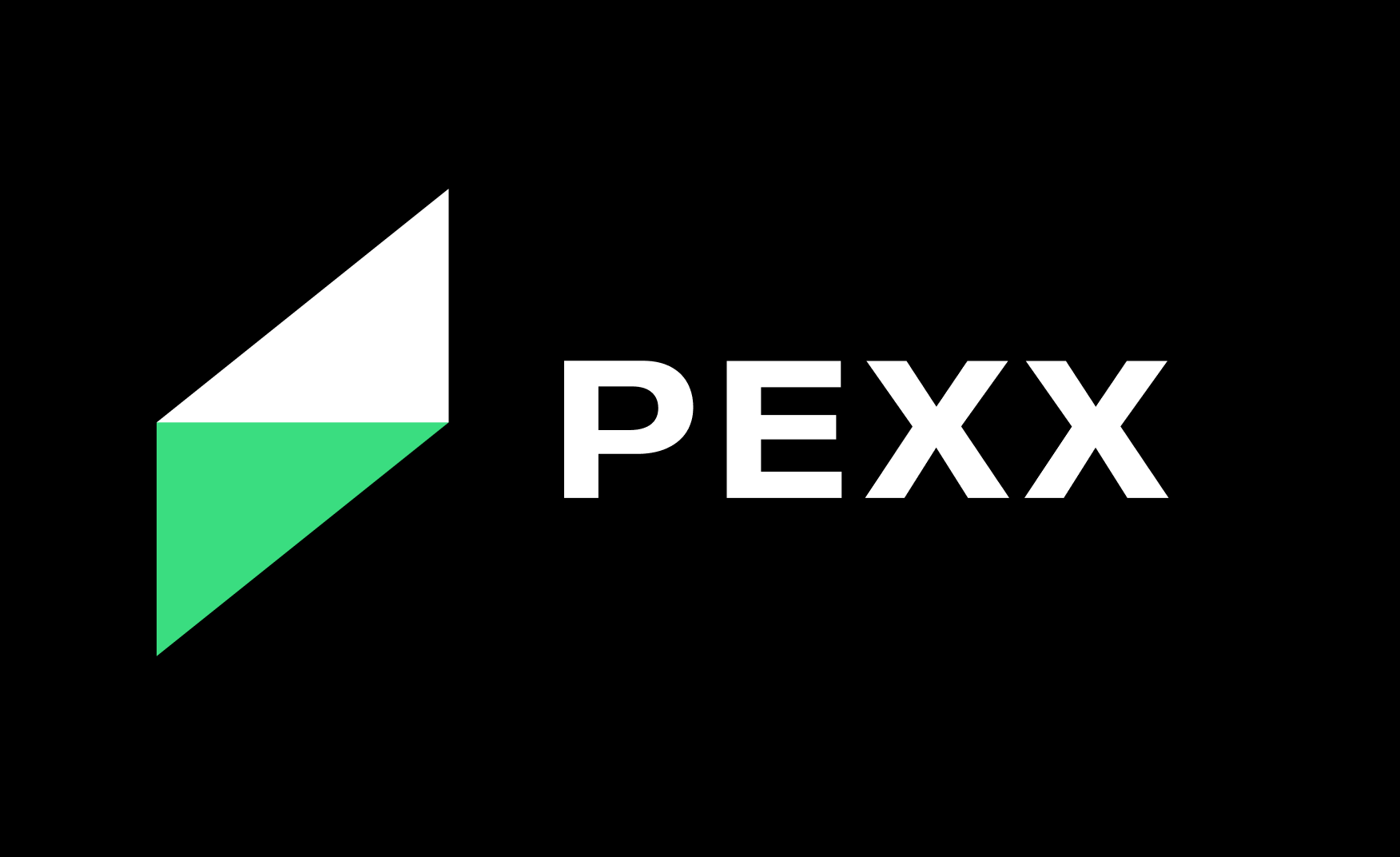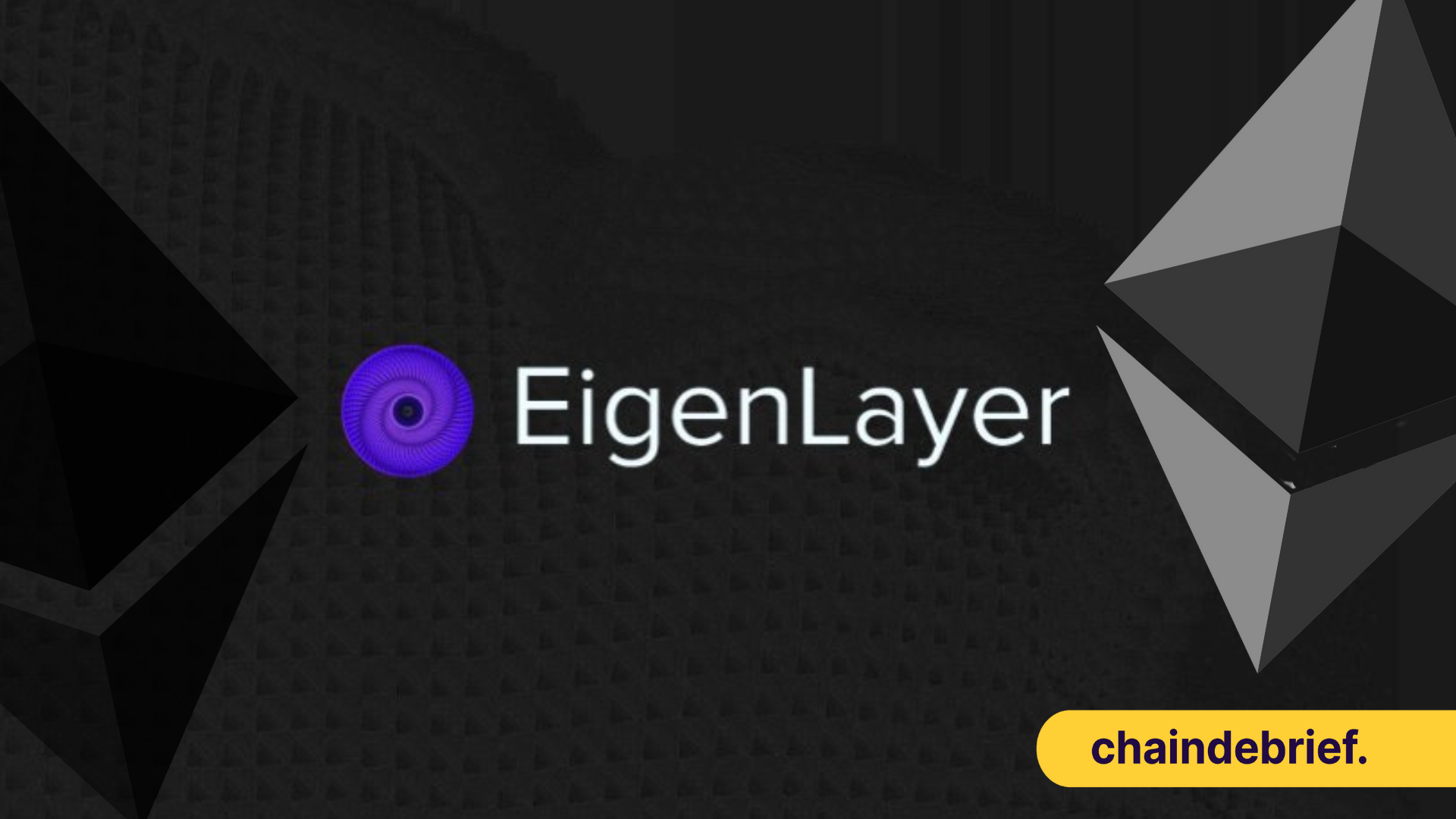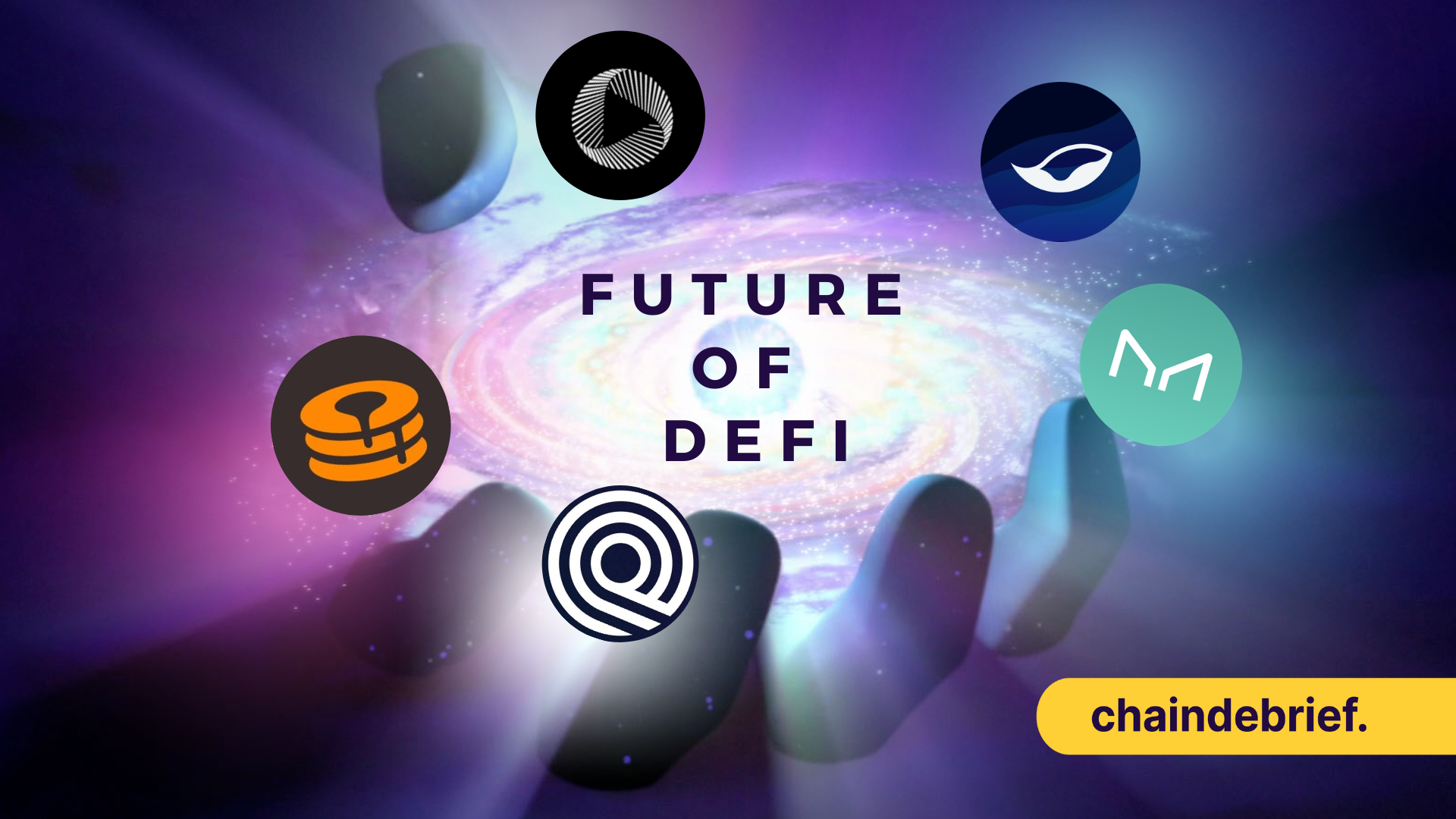Avalanche Summit is a conference for developers, researchers, and makers building on Avalanche at Barcalona, Spain from the 22 to 25 March 2022.
The Avalanche Summit hosted huge names in the crypto space inclusive of Ava Labs, Chainlink, VC firms and even the trade and investment Secretariat from the El Salvador government.

In case you missed the segment on how to not get rekt in DeFi, here are some key takeaways from the sharing by L F, CEO & Founder of RugDoc.
Common DeFi rugs and scams
DeFi rugs and scams can be categorised into five key categories — Hard rug, Soft rug, Honeypot scam, Presale theft and Failure to receive airdrop / NFT.
Hard rugs are basically scams that steal all the money from investors. Investors most likely will not see the funds ever again, as it is very rare to see rugged funds ever recovered. A hard rug usually has malicious codes within the smart contract that allows the developers to migrate the fund out of the project.
In contrast to a hard rug where they straight out steal the funds, a soft rug is more of a human element kind of scam where the developers control majority of the token and drain the liquidity of the token. While your funds are technically not stolen, you’re basically left holding a bag of worthless tokens.
A Honeypot Scam is where the token is unable to be sold by anyone other than the developers. One of the most famous honeypot scams is the Squid Game inspired cryptocurrency that soared by 23 million per cent, and fell to zero in the next moment.
Presale theft is where investors transfer funds ahead of the public sale with the promise of getting tokens or rewards but instead, the dev runs away with the funds.
Failure to receive Airdrop / NFT is another common scam where investors sign up and fund the project but did not receive the promised rewards.
Flashing red flags to look out for
“The code is Queen”
Red flags are usually hidden deep within the smart contract codes. The best way is to scan the codes of the smart contract and figure out what the codes can and cannot do.
Socials/Community activity
A good project would usually have the community behind its back. The social / community activity can tell a lot about the project. For instance, if the dev isn’t forthright about answering questions could be a flashing red flag.
Dev/team history
The dev/team history and track record is also something to look out for. The wallet used to fund the project might be connected with a series of scams and rugs.
Sudden stealth launch
While sudden stealth launch is a good way to prevent bots from participating, it is also a great way to steal money and run away quickly.
Proxies contract & Migrators
Proxies contract is a great way to upgrade complicated protocol as it allows dev to upload a smart contract into the existing smart contract. But it also allows the dev to upload malicious code that could rug the project.
While migrators is a great tool for dev to upgrade the smart contract, it can also be used by the dev to migrate all the funds out of the project.
Advice for new DeFi players
Don’t put all your eggs in one basket
Always split your bags as diversification is key. If things go south, at least not all is lost as the investments are diversified into a few different projects.
Understand what impermanent loss is
Impermanent loss is a common oversight by many DeFi players. Investors might be exposed to so much impermanent loss that they might be better off not participating in the farm.
Read more about yield farming and impermanent loss here: A Guide to Liquidity Pools: Key Factors to Consider Before Getting Started
Only take part in established project or just watch on the sidelines
If you’re starting out in the crypto space, it is better to either watch on the sideline or only participate in more established projects.
No stupid questions
Always ask questions if you are unsure. You can check out our telegram or discord. We are more than happy to answer your burning questions.
Develop your risk strategy around the premise a project will fail
This way you will be more conservative with your approach which will probably help make you be a better investor. This helps to mitigate loss and at the same time maximise returns.
About RugDoc
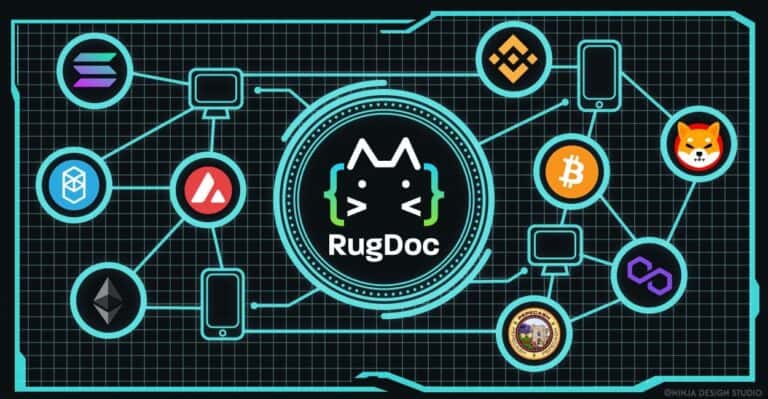
RugDoc is a community-oriented, crowd-sourced, team of DeFi users that provide ethical and independent project reviews.
RugDoc provides free review for anything that is written on an EVM compatible smart contract and is able to do it under 36 hours.
Apart from that, RugDoc also has specialized tools that are able to revoke contracts and break up your liquidity pair in the event that a decentralised exchange shut down or rug.
All RugDoc user resources are made free to empower and educate the DeFi community. This is to ensure that the community have the tools and knowledge to invest as securely as possible.
Also Read: Understanding The Obstacles To Mass Adoption Of DeFi With Mark Richardson Of Bancor
